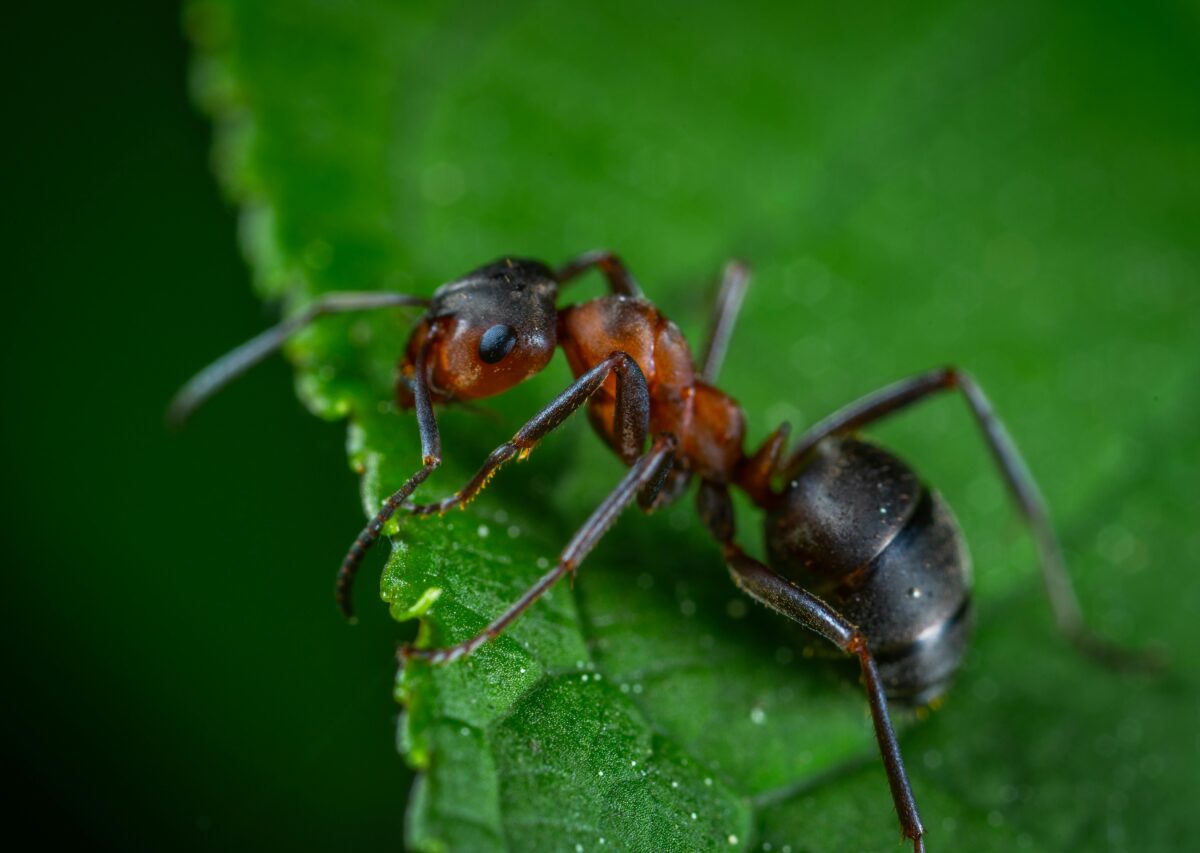Ant infestations can quickly turn from a minor annoyance to a major problem, invading homes, kitchens, and gardens. Understanding how to effectively get rid of ants and prevent future invasions is essential for homeowners and renters alike. This article provides practical solutions, including natural remedies and chemical options, to help you reclaim your space from these persistent pests.
Understanding Why Ants Invade
Ants are social insects that thrive in colonies. They invade homes primarily in search of food, water, and shelter. Factors that attract ants include:
- Food sources such as crumbs, spills, and pet food.
- Moisture from leaks or high humidity areas.
- Accessible entry points like cracks and gaps in doors or windows.
By understanding their motivations, you can better address the root causes of an ant problem.
Identifying Common Types of Ants
Recognizing the type of ant you are dealing with can influence your removal strategy. Here are three common ant species:
1.Carpenter Ants
These large ants are typically black or bicolored and are known for nesting in wood. They do not eat wood but can cause structural damage over time.
2.Argentine Ants
Small and light to dark brown, these ants form large colonies and are often found in kitchens and gardens, seeking out food sources.
3.Pavement Ants
Characterized by their small size and dark coloration, pavement ants are often seen on sidewalks and driveways but can invade homes in search of food.
Immediate Steps to Get Rid of Ants
Taking swift action can help control an ant problem before it escalates. Here are quick tips for immediate ant removal:
- Clean all surfaces to remove food residues.
- Seal entry points to prevent more ants from entering.
- Use a vacuum to remove visible ants and nests.
Natural Remedies for Ant Removal
For those who prefer eco-friendly solutions, several natural remedies can effectively deter ants:
1.Vinegar Solution
Mix equal parts of water and vinegar in a spray bottle. Spray this solution along ant trails, entry points, and nests. The strong scent disrupts their pheromone trails.
2.Boric Acid and Sugar Bait
Combine 1 part boric acid with 3 parts sugar and water to form a paste. Place small amounts in areas where ants are active. The sugar attracts them, while the boric acid acts as a poison.
3.Essential Oils
Use essential oils like peppermint or tea tree oil. Dilute a few drops in water and spray around entry points. The strong scent repels ants and masks their trails.
Chemical Solutions: When and How to Use Them
While natural remedies can be effective, there are situations where chemical solutions may be necessary:
- Use ant bait stations that attract and poison ants, effectively killing the entire colony.
- Apply insecticidal sprays around entry points and nests, following label instructions for safety.
- Consider dust insecticides for hard-to-reach areas like wall voids.
Preventing Future Ant Infestations
Prevention is key to avoiding future ant problems. Follow this checklist:
- Seal cracks and crevices around windows, doors, and foundations.
- Store food in airtight containers.
- Keep kitchen surfaces clean and free of crumbs.
- Regularly empty garbage bins and use sealed bags.
- Fix leaks and eliminate standing water.
When to Call a Professional Exterminator
If your ant problem persists despite your efforts, it may be time to consult a professional. Signs that you should call for help include:
- Persistent infestations that return soon after treatment.
- Difficulty identifying the type of ant or their nesting sites.
- Concerns about property damage or health risks.
Comparison of Natural vs Chemical Solutions
| Aspect | Natural Solutions | Chemical Solutions |
|---|---|---|
| Effectiveness | Moderate, may take longer | High, immediate results |
| Safety | Generally safe for pets and children | Requires caution and proper handling |
| Cost | Low, often using household items | Varies, may be higher for professional products |
Quick Tips for Immediate Ant Removal
- Use a mixture of soap and water to kill ants on contact.
- Apply a line of salt or cinnamon at entry points to deter ants.
- Place cucumber peels in areas where ants are active; ants dislike the scent.
